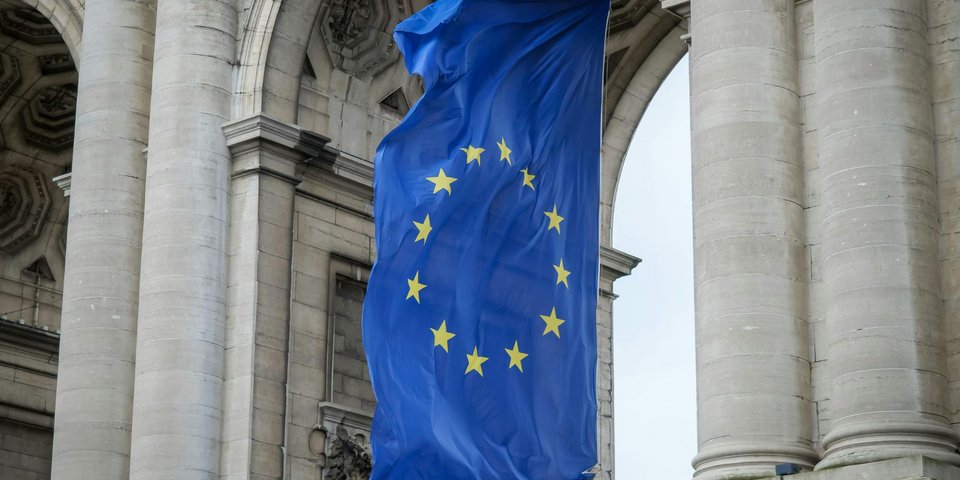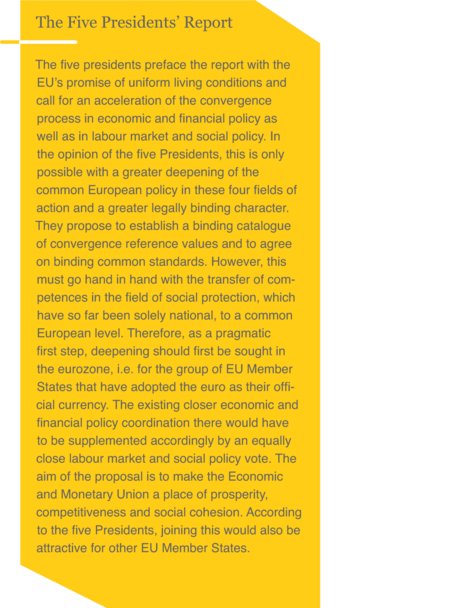 Pexels/Petrit Nikolli
Pexels/Petrit Nikolli
Strengthening the social dimension – a new attempt
With the EPSR, the European Commission has set itself a doctrine for a strong, social Europe. It should become fairer and more inclusive and, above all, offer opportunities for all citizens in Europe.
ed* Nr. 03/2022 – Chapter 2
At its proclamation on 17 November 2017 at a summit in Gothenburg, the EPSR was given many advance praises. Today – five years later – the question is whether one can speak of a new chapter in the history of social Europe. At least that is how the then President of the European Commission Jean-Claude Juncker explained it.1 Has the EPSR really become a guide for a more social and just Europe in recent years? Has it led to a strengthening of social protection at European level? These questions will be explored in this issue of ed*.

The EPSR is not the first initiative to strengthen social policy aspects at European level. The central keyword in the considerations developed in the 1990s was the “modernisation of social protection”. The European Commission already pointed out at that time that the social security systems of the Member States must adapt to the changing world of work, new family structures and demographic change. The European Commission made it clear that it is the responsibility and decision of the Member States how they design and finance their own special social security systems. However, in view of the challenges common to all Member States, she also stressed the value of a debate on the future of social security systems at European level.2
Subsequently, at the Lisbon Summit in March 2000, the Member States agreed to modernise social security by improving the interaction of economic, labour market and social policies in the Member States. This was a paradigm shift. For the first time, economic and monetary policy was linked to social and labour market policy. For this purpose, the instrument of the open method of coordination was applied. It should help the European Commission and the Member States also to modernise their social policies on the basis of the exchange of best practices and the introduction of a learning process through which Member States could adopt successful measures in the different policy areas. Common guidelines and goals were agreed upon and the achievement of goals was subject to constant evaluation.3
However, a few years later it was clear to see that the successes of the process were largely manageable. Only a few Member States had made successful policy changes. Since 2010, the results have therefore only been published in an annual report of the Social Protection Committee and not, as originally, in a joint report of the Council and the European Commission. With the EU2020 strategy, a target was set in 2010 to reduce the number of people at risk of poverty or social exclusion by 2020,4 but from then on less importance was attached to the topic of social protection in general at European level.
Thus, EU policy focused again on economic and financial policy. Not least because of the Greek debt crisis. Europe was once again put to the test and the Economic and Monetary Union (EMU) was called into question. Polls again showed a decline in support for the EU. This was reason enough for the five presidents of the European institutions (European Commission, European Council, Eurogroup, European Central Bank and European Parliament) to come together and draw up proposals to strengthen the Economic and Monetary Union in the long term.

With the “Five Presidents’ Report” presented in June 2015, the strengthening of a social dimension and social protection has also assumed more priority on the EU agenda. In addition to clear economic structural reforms, the proposals also contained clear stimulus for a renewed stronger focus on employment and social policy aspects. This is also an economic necessity, according to the report of the five presidents. For EMU to be a success, the labour markets and social systems of all euro area Member States must function well and fairly.5

